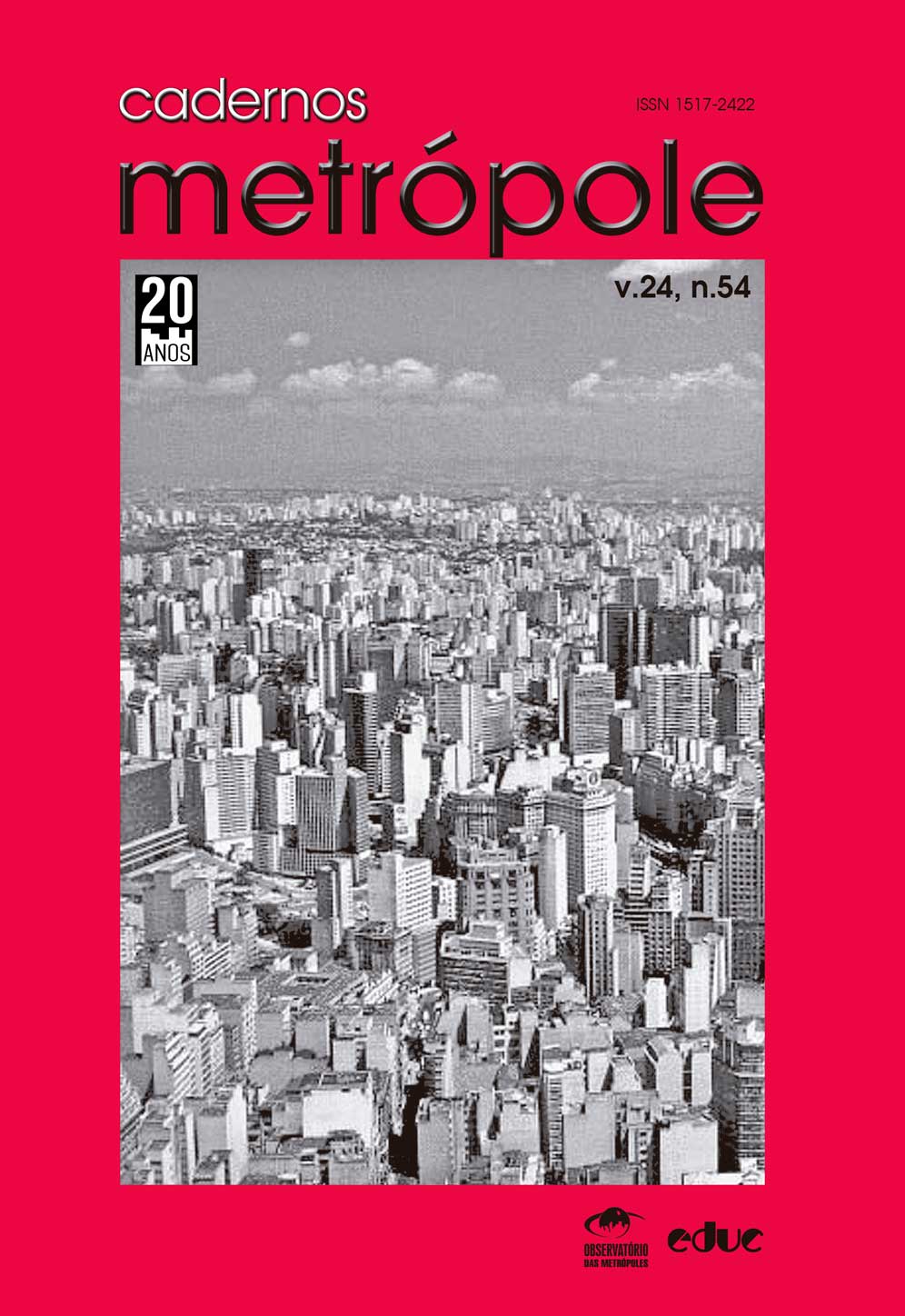Gestão neoliberal da precariedade: o aluguel residencial como nova fronteira de financeirização da moradia
DOI:
https://doi.org/10.1590/2236-9996.2022-5401Palavras-chave:
Financeirização da moradia, Aluguel residencial, Senhorios Corporativos, Parcerias Público-Privadas, InformalidadeResumo
A ascensão do aluguel como forma de acesso à moradia tem sido observada atualmente na América Latina, inserida em um contexto de inflexão neoliberal das políticas sociais, financeirização e mercantilização do território popular. Senhorios corporativos vinculados a gestores financeiros globais operam, no mercado residencial, através de plataformas digitais, concentrando a extração de renda de aluguel dispersa, com grande alcance e flexibilidade normativa. Já, no lucrativo mercado imobiliário popular, o aluguel informal é alimentado por remoções, despejos e uma nova geração de políticas públicas de moradia de aluguel: seja através de Parcerias Público-Privadas, seja com a introdução de vouchers, que articulam mercados residenciais populares informais às finanças, impactando territórios populares e redefinindo a moradia como serviço.
Downloads
Publicado
Como Citar
Edição
Seção
Licença
Copyright (c) 2022 Isadora de Andrade Guerreiro, Raquel Rolnik, Adriana Marín-Toro

Este trabalho está licenciado sob uma licença Creative Commons Attribution-NonCommercial-NoDerivatives 4.0 International License.
A revista não tem condições de pagar direitos autorais nem de distribuir separatas.
O Instrumento Particular de Autorização e Cessão de Direitos Autorais, datado e assinado pelo(s) autor(es), deve ser transferido no passo 4 da submissão (Transferência de Documentos Suplementares). Em caso de dúvida consulte o Manual de Submissão pelo Autor.
O conteúdo do texto é de responsabilidade do(s) autor(es).


